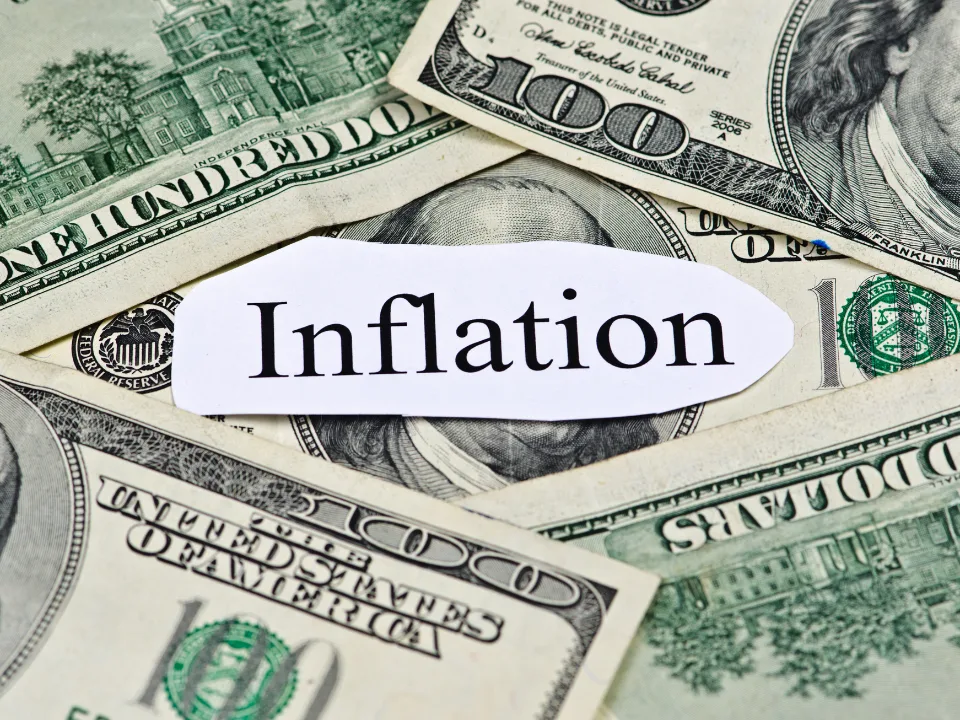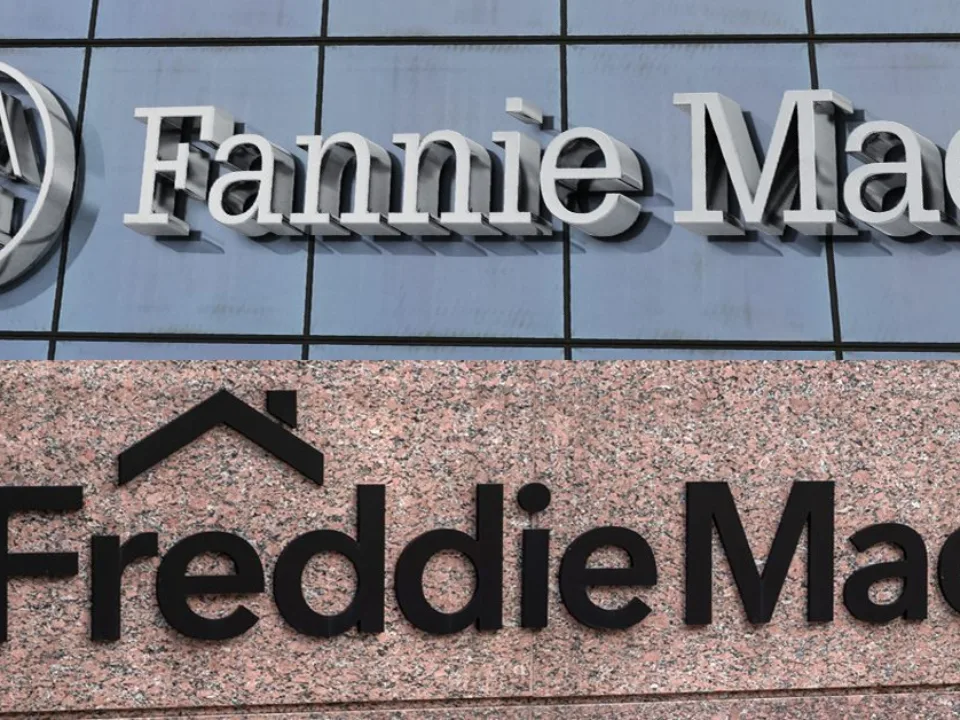- Jamie Dimon warned shareholders that newly announced tariffs could raise inflation and dampen US growth, marking a more cautious stance than earlier this year.
- Dimon cited a range of economic risks tied to tariffs, including potential retaliatory measures from trading partners, reduced business confidence, and long-term impacts on capital flows and the dollar.
- The JPMorgan CEO pointed to additional inflationary pressures such as high fiscal deficits, global remilitarization, and infrastructure spending, despite recent cooling in inflation metrics.
A Shift in Tone
In a notable reversal from previous optimism about tariffs boosting US manufacturing, Jamie Dimon now warns they could become a drag on the economy, as reported by Globe St.
Writing to JPMorgan Chase shareholders, Dimon expressed concern that new tariffs will likely push inflation higher and increase the odds of a recession.
“There are many uncertainties surrounding the new tariff policy,” he said, adding that their cumulative impact could be difficult to reverse.
Get Smarter about what matters in CRE
Stay ahead of trends in commercial real estate with CRE Daily – the free newsletter delivering everything you need to start your day in just 5-minutes
What’s Behind the Concern
Dimon outlined several key risks that tariffs introduce:
- Retaliatory measures from other nations, including in services.
- Decreased business confidence and investment.
- Capital flow disruptions and currency volatility.
- A long-term impact on corporate profits and trade relations.
He also highlighted the possibility that tariffs could disrupt America’s long-standing global economic alliances.
Inflation Still Lurking
Despite a recent easing in inflation, Dimon pointed to structural challenges that could push prices higher again, including:
- Persistent fiscal deficits.
- The remilitarization of global powers.
- Major investments in green infrastructure and supply chain restructuring.
Additionally, he noted the Fed’s limited influence on long-term rates, cautioning that 10-year yields will ultimately be dictated by broader economic forces and market expectations.
Final Word
While emphasizing caution, Dimon ended his letter with optimism. “I still have an abiding faith in America—the exceptional strength of our innovative economy and our resiliency.”
As global economic forces shift and domestic policy evolves, Dimon’s message signals that the path forward for markets and growth may be less certain than previously hoped.














